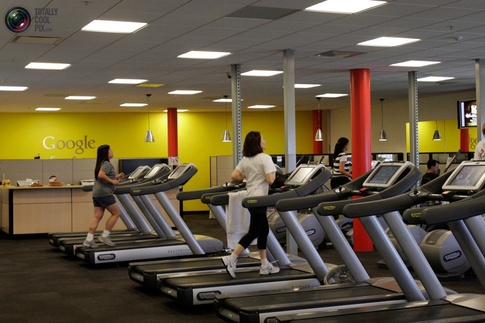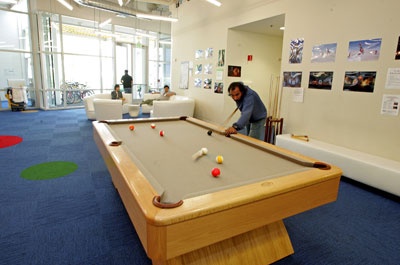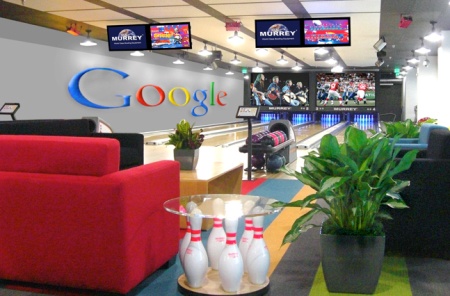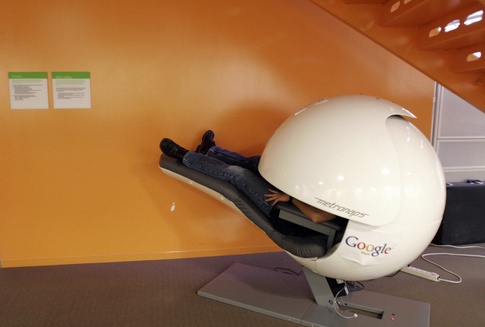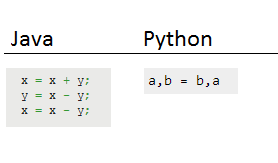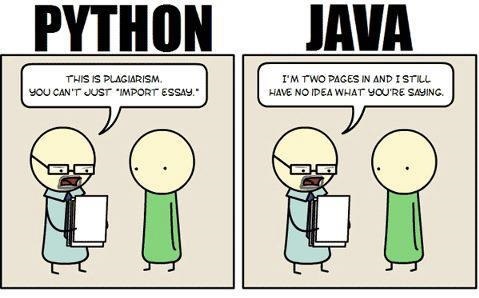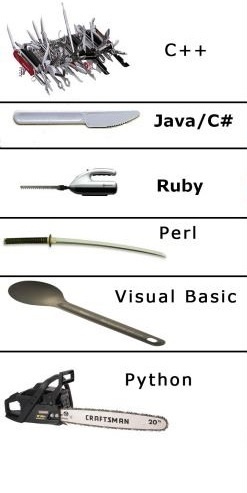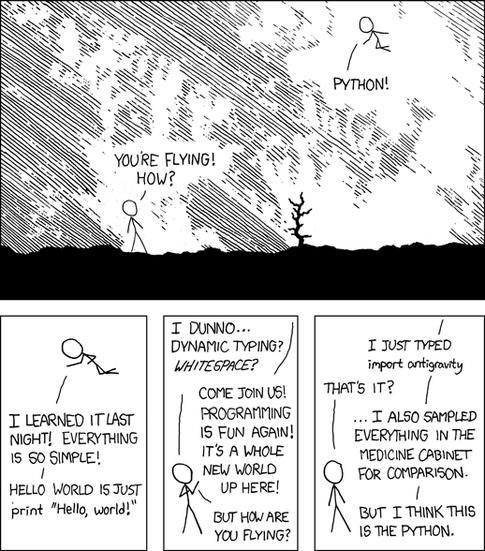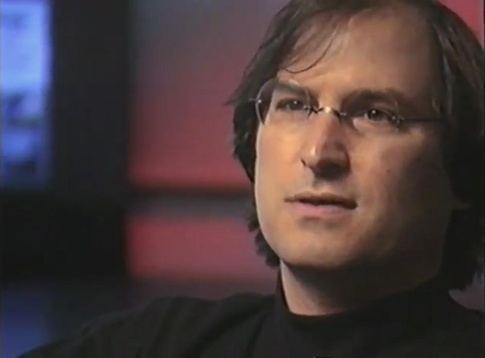Now, that's a question of my interest. I'm in third year of BCA and there was a time when I was absolutely obsessed with getting a job at Google (someday).
First of all, Google is not the garden you hear about in fairy tales. Research well and think more than just once if you'll be comfortable for their work culture.
As far as the jobs are concerned, I'd say there is a possibility. Google is known to hire people with rather *something unexplainable here* educational background; so there is a good possibility that BCA, no matter however small it may appear to you, may still make a mark.
Other than that, it's not entirely necessary for you to go and apply for a technical job at Google as soon as you graduate. Did you consider studying further or trying out other jobs and then diving into Google someday? Well! I have.
Now that all's been said, here is what I'd suggest if you want to get a job at Google or for any high profile tech company for that matter:
1. Code every day. EVERY-SINGLE-DAY. Alright, maybe not "every-single-day", but you get the meaning.
If you're applying as a programmer then I think it's very important that you're good at coding. Try out different languages. Trust me, VB .NET is not something you'd like to code in as a professional. You'll probably be having Java in your course depending upon your University; make sure that you understand it well. Google, to the best of my knowledge, makes extensive use of Java, Python, and C/C++ in their technologies.
2. DO NOT believe that your college will teach you enough. They never will; they never can. That's something I've learned with experience; and I'm not planning to forget in this lifetime or so.
Coding real C/C++ is a hell lot different from coding in a single file in blue screen Turbo C++ 3.0 which is how they code in most colleges here in India (stupid people!).
Give a shot to different and modern programming languages. Have a look at Google's technologies for that matter. Once you understand programming well, try Google's Golang or Google's Dart. There are a hell lot of courses on Coursera which you should enrol in and complete to learn something out of your comfort zone. Make sure you take up only the work that you can do. You wouldn't want to start everything at once and fail at everything.
3. Do something about your Mathematics and Logical understanding if you lack in that area.
I had always been bad at maths. I remember screaming parents and teachers over my head to study. I did not study. These things will not work. Dare anybody tell you how to study and when to study, tell them to shoo away. Make your own study plans and stick to it. Too much pressures does not only screw things up — it kills, for real!
I have started understanding without interference from bad teachers and screaming people. It turns out I get things much better now. Guess, what they say about taking too much stress is right after all!
If you keep in mind these things, you have a possibility of getting a job at Google. There is one thing that I'd like to say though. Do not just limit yourself to Google. If you think you're good enough, you'll have plenty of other things to do too (perhaps even better than a job at Google). I think, you'll learn all that by the time you reach your third year like I did.
That is all I have to say for now. I'll update this answer depending on suggestions and if I think something has to be added.
______________
Update 1:
Answering the question regarding work culture, future plans, and choice of technologies as asked in the comment below.
Every company has a work culture. Google is famous for it's work culture which you should look up on the internet.
MCA? Well, not bad. There is one thing though, if you've done everything nicely in your BCA, MCA would be like BCA again just with more details. There is no point of doing a further degree if you don't get it from a good institution. Why? It's not as much about the degree as it is about learning. Remember, we're talking about knowledge here; it has and will always remain more important than your degree whether or not you believe it.
An option that many people look up to is joining a company with a contract which sponsors your MS degree for places like BITS or VIT. That can be an option, and a good one for that matter.
It is not absolutely necessary for one to know C/C++, but I'd suggest that you do get strong hold at it. C/C++ are languages that work quite close to the machine and they teach you a lot of things which you might skip otherwise.
Java is in 5th sem, but there is nothing stopping you from learning it before then, or learning any other technology for that matter. Hit Coursera that I pointed out in my answer and it should do wonders for you.
So, you like .NET? Good, as far as I know, Google is far from using any Microsoft technology like .NET. I can't be sure about it though. If you really like it then why not try and do something with Microsoft. Plus, you can't really suggest that VB.NET is your only passion while you have not tried other higher level programming languages. Plus, remember most good programmers are not as dependent on programming languages as they are of their basic working knowledge.
At the end, there are different languages. I suggest that you post another question regarding that. I'm also assuming that Quora is full of such questions so maybe looking them up will help. Search the Interneet, read about them. Choose one you like, but in the mean time. Keep working with C/C++ since you're already onto it.

